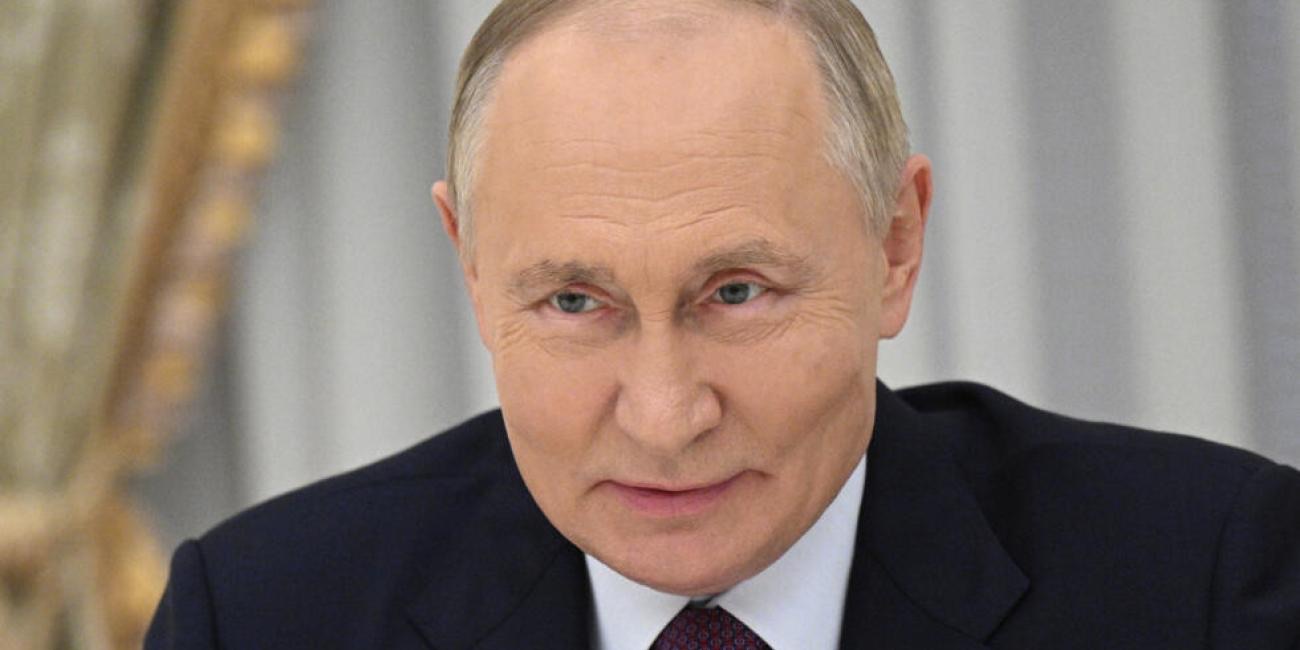
Russian President Vladimir Putin has called for a review of the country’s nuclear doctrine to explicitly define scenarios that would warrant a nuclear strike.
Putin made the call during a national security council meeting, on Wednesday.
He proposed expanded criteria for nuclear deterrent use.
Russia’s current doctrine was last updated in 2020, and it permits nuclear weapon use in specific situations, such as when the country faces existential threats and attacks on Russian territory.
The revised doctrine aims to address emerging threats and provide a clearer framework for Russia’s nuclear strategy, amidst tensions surrounding the Ukraine conflict and Russia’s withdrawal from the New Strategic Arms Reduction Treaty (New START).
According to RT, the President also suggested an expanded list of threats that would include “reliable information” of a major airstrike being launched against Russia.
“Aggression against Russia by any non-nuclear state… supported by a nuclear power should be treated as their joint attack,” the president said.
Moscow would also “consider” resorting to a nuclear response if it gets “reliable information” about a “massive” missile or air strike launched by another state against Russia, or its closest ally, Belarus, according to Putin.
The weapons used in an enemy’s potential strike could include anything from ballistic or cruise missiles to strategic aircraft and drones, he stated.
“We reserve a right to use nuclear weapons in case of aggression against Russia and Belarus,” the Russian president said, adding that the principle had already been coordinated with Minsk.
Nuclear weapons can be used if an enemy poses a “critical threat to either state’s sovereignty through the use of conventional weapons,” he explained.
Putin did not elaborate on when changes to Russia’s nuclear doctrine will take effect.
Senior Russian officials, including Deputy Foreign Minister Sergey Ryabkov and Kremlin spokesman Dmitry Peskov have been discussing potential changes to the doctrine in recent months. In late August, Foreign Minister Sergey Lavrov said that the document was “being reviewed.”
The Russian leader has long demonstrated a rather reserved position on the issue of nuclear weapons. Back in June, he expressed hope that “it will never come” to a nuclear exchange between Moscow and the West.
